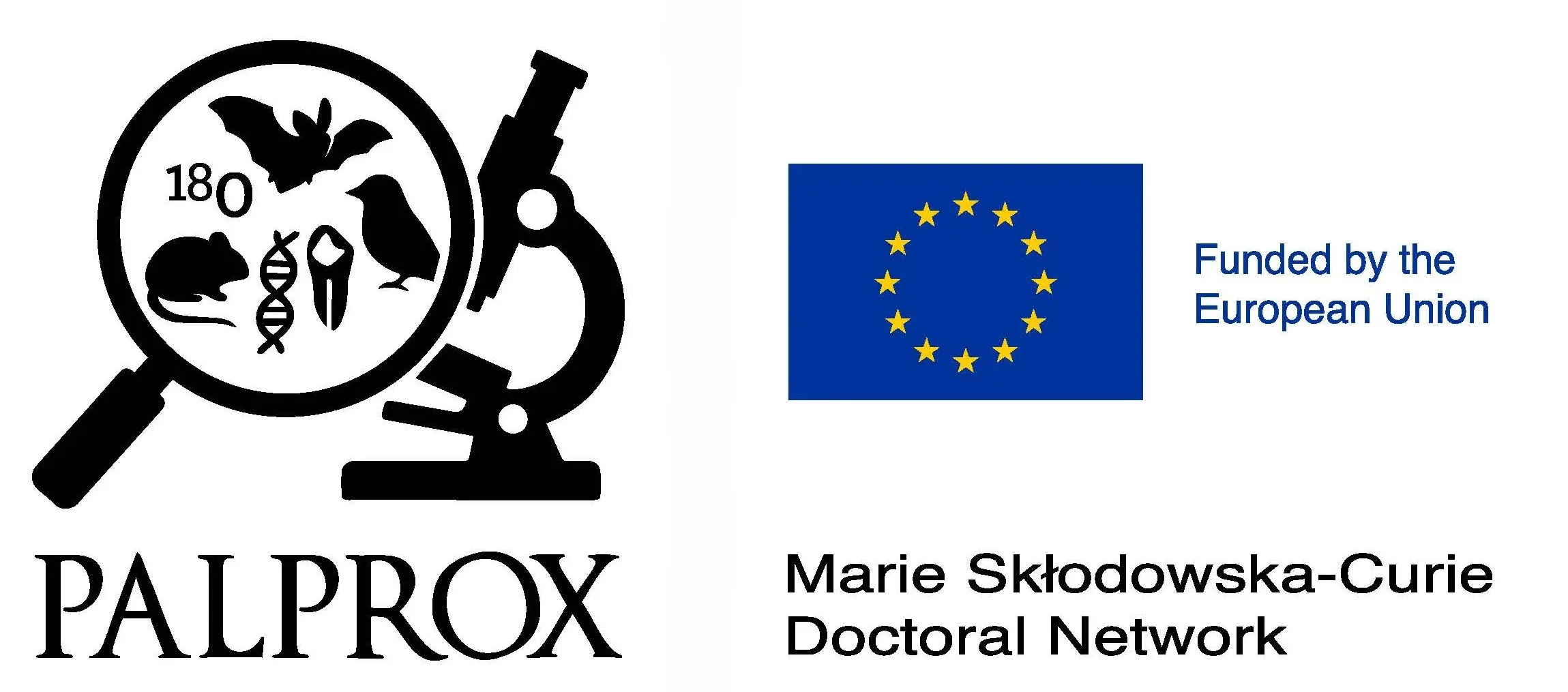
Responsible Research Innovation
Europe's ability to respond to societal challenges
PALPROX is engaged with Responsible and Research Innovation (RRI) practices such as Open Science, Governance, Public Science, Ethical issues, Gender and diversity aspects, and all the related EU policies
Open Science, Equality, and Transparency
PALPROX methodologies are based on Open Science practices, including openness, integrity, and reproducibility in research, as early and widely as possible, promoting OS practices to the different scientific communities and citizenship. We advocate for OS practices and transparency during all the Action, especially focusing on the interoperability issues to enhance the interchange of information within the Network and beyond.
Furthermore, we endorse all EU policies concerning gender dimension and diversity aspects, and beneficiaries have a Gender Equality Plan in their institutions. In addition, we have plan a gender balanced governance of the Doctoral Network.
Ethical, Inclusive, and Sustainable Research Framework
Ensuring compliance with EU standards on gender equality, research integrity, and environmental sustainability.

Gender Dimension & Diversity
Although not one data from the Individual Research Projects are directly affected by their biological characteristics and social or cultural features, a gender issues training and specific related dissemination and communication activities are planned, both for the gender dimension issues, and for our endorsement of diversity, equity, and inclusion as part of the Responsible Research and Innovation EU policy practices.

Research Integrity
Moreover, we endorse the European Code of Conduct for Research Integrity as a framework for self-regulation across all scientific and scholarly disciplines and for all research settings. The code is set up as a guidance to help researchers realize their professional responsibility concerning the practical, ethical and intellectual challenges inherent to research, shaping the theoretical framework of research integrity.

Environmental Sustainability
Finally, PALPROX is implemented according to the MSCA Green Charter general principles and objectives promoting a sustainable implementation of the research activities, in accordance with the goals of the European Green Deal to tackle climate and environmental-related challenges.
As a result, the number of flights will be reduced, using low-emission forms of transport, promoting teleconferencing whenever possible. In addition, I will use the minimum derivatives of plastic, consumable materials and chemical products in the preparation of the materials to study for.
As a result, PALPROX, endorsing the Do No Significant Harm principle (DNSH), will not cause any significant harm to the six environmental objectives within the meaning of Article 17 of the Taxonomy Regulation as are explained in the DNSH technical guidance, amended in October 2023
These are:
Climate change mitigation
Sustainable use and protection of water and marine resources
Pollution prevention and control
Climate change adaptation
Circular economy
Protection and restoration of biodiversity and ecosystems
